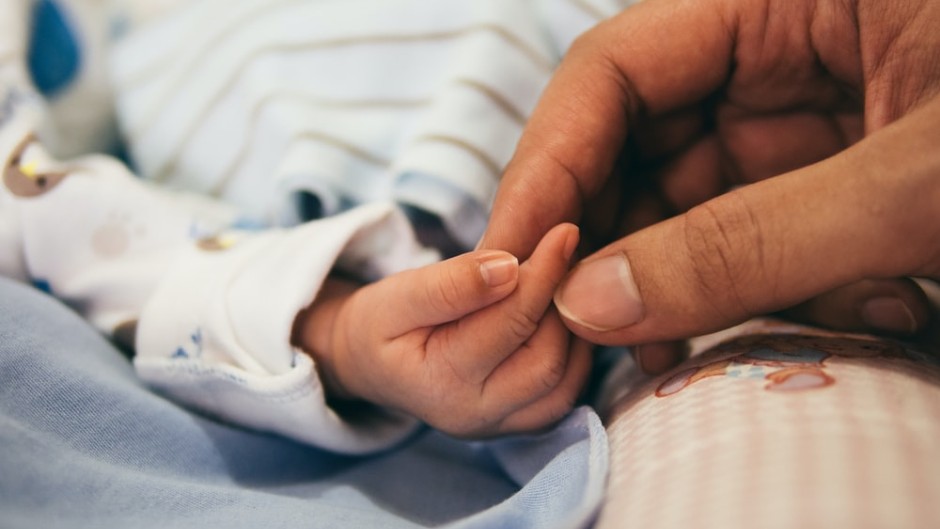JOHANNESBURG - In the year following giving birth, South African women who feel depressed or anxious may be in danger of killing themselves or, occasionally, attacking their own children.
However poorer women are less likely to receive the mental healthcare they require.
Dr Simone Honikman, who is the director of the Perinatal Mental Health Project at the University of Cape Town, says that the high prevalence of depression is directly linked to social and economic factors.
"The high prevalence that we are looking at is directly linked to social and economic factors so while these conditions can affect women across the spectrum, women who are experiencing hunger, food insecurity other forms of poverty or experiencing violence women who are HIV positive, women who have had trauma in their past, women who are socially isolated and don’t have the support of family or a supportive partner," she said.
"These are women who are at much greater risk than other women. It is not to say other women won’t have these conditions, we are just looking at risk profiles.
"Other high-risk groups are adolescent girls, women who are displaced or foreign nationals coming from extreme conditions of con civil conflict or wartime areas."

